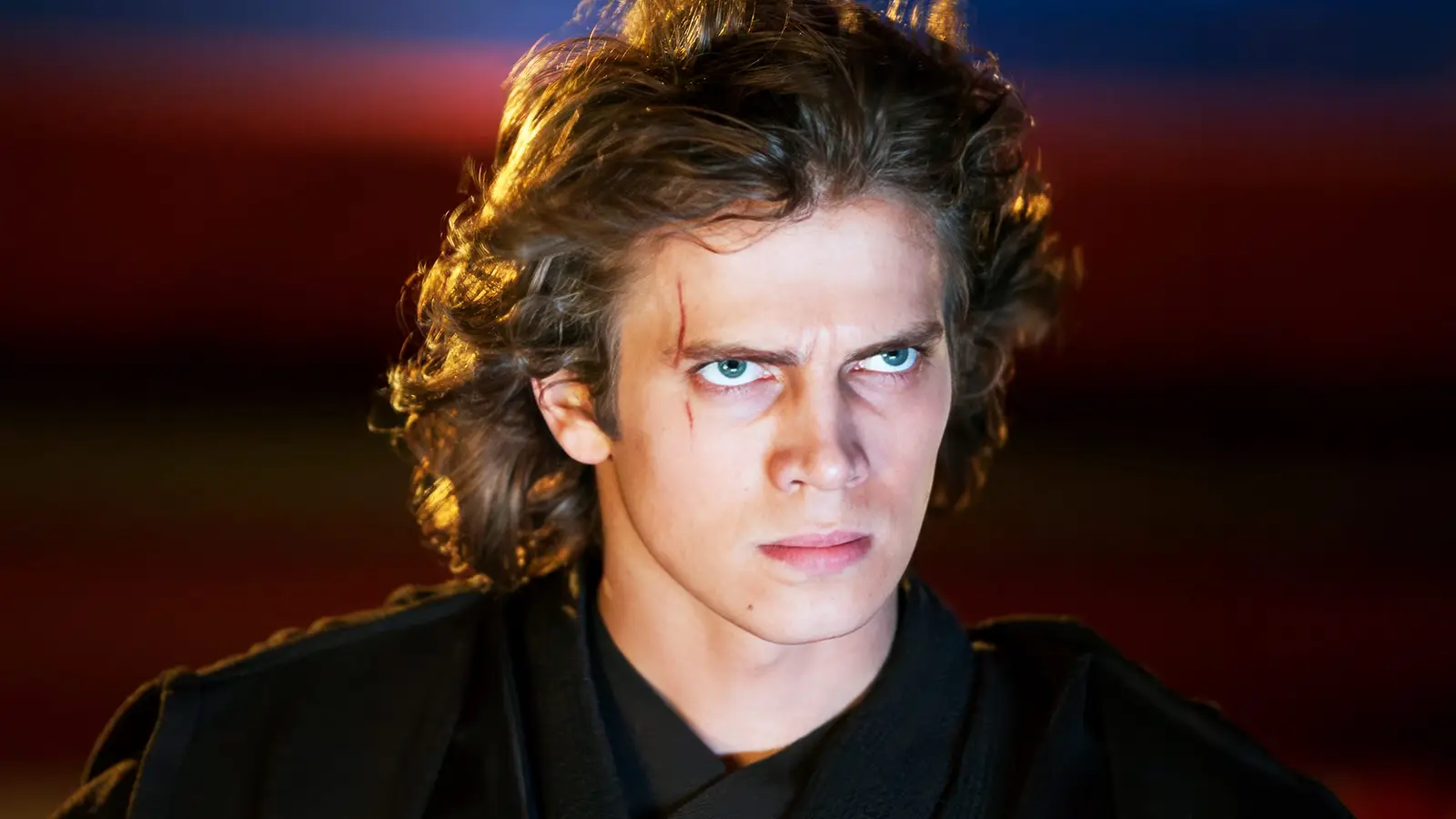
The 2000s was a hit-or-miss decade for science fiction, but each year between 2000 and 2009 produced at least one classic sci-fi movie. Cinema was in flux during the Aughts, and the outlook of film changed radically from the beginning of the decade to the end. The 2000s was a decade without many clearcut trends, and sci-fi was inconsistent.
Earlier decades capitalized on fears of nuclear war, or offered a somewhat utopian view of the future. Meanwhile, the beginning of the new millennium had a blank slate to work with, especially after the rise and fall of tech-centric sci-fi in the 1990s. In many ways, the sci-fi of the past had simply become a reality by the year 2000.
Genre cinema floundered in the early years of the Aughts, but blockbusters firmly took over science fiction by the end of the decade. Massive movies rewrote the script on what box office success meant, and many of them came from genres like sci-fi. Now that early 2000s nostalgia is popular, some classic sci-fi movies from that period are worth revisiting.
2000 – Unbreakable
A year after director M. Night Shyamalan captured the world’s attention with his horror film, The Sixth Sense, he tackled the sci-fi genre. Unbreakable is ostensibly a superhero story, involving a man who discovers that he is impervious to damage. However, it eschews the usual bombastic superhero tropes, in favor of a story with plenty of Shyamalan’s signature psychological thrills.
2000 was a down year for sci-fi in general, but Unbreakable shines largely because it was so unlike its contemporaries. Cheesy flops like Battlefield Earth or Mission to Mars were overstated, but Unbreakable was the only sci-fi film from the year that had legitimate style and was well-made. It was a rare film that combined critical and commercial success.
2001 – Donnie Darko
To say that Richard Kelly’s Donnie Darko is only a sci-fi film would be doing it a disservice, and the cult classic is hard to pin down. The surreal masterpiece concerns a teen who may or may not be living in a parallel universe. Donnie Darko’s sci-fi concepts are somewhat soft, but the movie compensates with a truly mind-bending plot.
2001 saw more bloated science fiction movies fail to impress critics or audiences. Donnie Darko was head and shoulders above the rest because its indie style was a refreshing alternative to all the sequels, remakes, and vanity projects that dragged the genre down. Other films might be truer to the genre’s roots, but Donnie Darko has persisted.
2002 – Minority Report
Hard sci-fi was waning in the Aughts, but Steven Spielberg’s Minority Report brought it back to the forefront. Based on the Philip K. Dick story, the film is set in a future where police make arrests before crimes are committed using prescient technology. Building on trends started in the ’90s, Minority Report had unique visuals and a techno-phobic storyline.
For the first time in the decade, a sci-fi movie with a massive budget actually delivered on its promises. Spielberg was perfect for the job, and his direction brings touches of humanity to the alienating future concept. No other major movie from 2002 embraced sci-fi so effectively as Minority Report, and a lot of its ideas are slowly coming true.
2003 – The Matrix Reloaded
After The Matrix was one of the defining sci-fi flicks of the 1990s, the Wachowski’s had the almost impossible task of crafting a sequel. The Matrix Reloaded continues Neo’s battle against the machines and features a lot of exposition about the nature of the Matrix itself. The sequel is an obvious step back, but still manages to be endlessly entertaining.
Science fiction hit rock bottom in 2003, and even The Matrix Reloaded wasn’t that great. However, it was the only glimmer of hope in an otherwise dull year. In a lot of ways, it represented the final nail in the coffin of ’90s sci-fi, which allowed the Aughts to finally be born.
2004 – Eternal Sunshine Of The Spotless Mind
Writer Charlie Kaufman likes to dabble with sci-fi ideas in his scripts, but the films are always so much more than that. Eternal Sunshine of the Spotless Mind saw Jim Carrey take one of his first serious roles as a man who undergoes a radical procedure to erase the memories of his ex-girlfriend.
Eternal Sunshine of the Spotless Mind was ranked #7 on the New York Times’ 100 Greatest Movies of the 21st Century list in 2025.
Like in most Kaufman projects, the sci-fi is a backdrop for the story’s emotional core. While many sci-fi films from 2004 felt sterile, the independent spirit of Eternal Sunshine of the Spotless Mind was exciting and new. It isn’t just remembered as one of the great sci-fi movies from the Aughts, but one of the best movies in general.
2005 – Star Wars: Episode III – Revenge Of The Sith
Though the return of Star Wars was one of the defining pop culture moments of the early Aughts, episodes one and two disappointed. Revenge of the Sith recounts Anakin’s last days as a Jedi as he is slowly corrupted by the evil of the dark side. While pulpy and exaggerated, the third movie finally felt like Star Wars again.
The spectacle of Revenge of the Sith overshadowed all other sci-fi in 2005, though there were some strong films. Because there was a sense of finality, episode three had a grandeur not found elsewhere in the genre that year, and it helped make up for any faults the prequels may have had. Unsurprisingly, it was a box office success.
2006 – Children Of Men
After the midway point of the decade, sci-fi began to take a decidedly cinematic turn with films like Children of Men. The Alfonso Cuarón gem is set in the near future where humanity has become infertile, and society has collapsed into despotism. Besides its many cinematic merits, Children of Men hearkens back to classic speculative sci-fi from earlier eras.
Thoughtful sci-fi dominated the year, with movies like The Fountain and Paprika making for excellent viewing as well. However, Children of Men has continued to stand the test of time largely because of the flexibility of its sci-fi. Underneath everything is an essentially human story that has not faded in the nearly two decades since its premiere.
2007 – Sunshine
Danny Boyle couldn’t be stopped in the 2000s, but his underrated sci-fi film, Sunshine, was anything but a success upon release. The movie is set about a spaceship that is sent to reignite the sun and save all of humanity. Despite its simplistic plot, the movie is a rich examination of grief, death, and the inevitability of doom.
Sunshine was a box office disaster, but it still outshines many of its more successful contemporaries. 2007 wasn’t without its fair share of decent science fiction, but none were as clever or interesting as Danny Boyle’s opus. Sunshine is especially appealing when contrasted with the year’s myriad of franchise films that clogged up movie houses.
2008 – WALL-E
Pixar’s WALL-E wasn’t just an entertaining film, it completely transcended the world of animation to become one of the greatest movies ever. Hundreds of years in the future, a lonely trash collecting robot reunites with humans as they prepare to recolonize Earth. The movie deftly balances its environmental message with a universal story that can be enjoyed by all.
The opening half-hour is devoid of dialogue, but it communicates emotion better than most movies in their entire running time. There wasn’t much competition in 2008, but WALL-E would be the best sci-fi movie of any year in most decades. Disney and Pixar have yet to top themselves in the years since WALL-E first rocketed into the hearts of viewers.
2009 – Star Trek
A few years after Star Trek: Enterprise went off the air, the beloved sci-fi franchise returned with a brand-new feature film. J.J. Abrams’ Star Trek is set in an alternate timeline, and follows young James Kirk and the familiar Enterprise crew. A reboot was risky, but Star Trek succeeds by using its alternate universe concept effectively.



